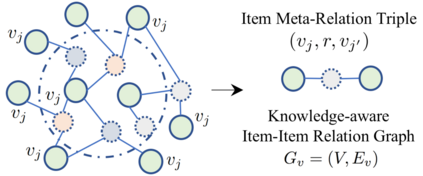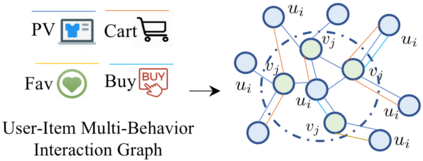Recommender systems have played a critical role in many web applications to meet user's personalized interests and alleviate the information overload. In this survey, we review the development of recommendation frameworks with the focus on heterogeneous relational learning, which consists of different types of dependencies among users and items. The objective of this task is to map heterogeneous relational data into latent representation space, such that the structural and relational properties from both user and item domain can be well preserved. To address this problem, recent research developments can fall into three major lines: social recommendation, knowledge graph-enhanced recommender system, and multi-behavior recommendation. We discuss the learning approaches in each category, such as matrix factorization, attention mechanism and graph neural networks, for effectively distilling heterogeneous contextual information. Finally, we present an exploratory outlook to highlight several promising directions and opportunities in heterogeneous relational learning frameworks for recommendation.
翻译:咨询系统在许多网络应用中发挥了关键作用,以满足用户的个人利益并减轻信息超载。在这次调查中,我们审查了建议框架的制定情况,重点是不同类型的关系学习,包括不同种类的用户和项目之间的依赖关系。这项任务的目标是将各种关系数据映射成潜在的代表空间,以便用户和项目领域的结构性和关联属性都能得到很好的保存。为了解决这一问题,最近的研究发展可分为三大方面:社会建议、知识强化的图表建议系统和多行为建议。我们讨论了每一类的学习方法,例如矩阵要素化、关注机制和图表神经网络,以有效提取不同背景的信息。最后,我们提出探索性展望,以突出不同关系学习框架中的若干有希望的方向和机会,供建议。








